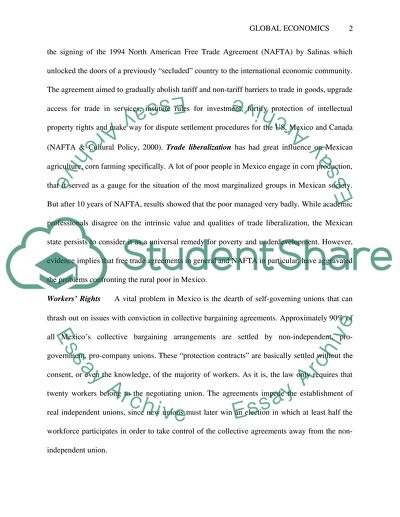Cite this document
(“Global Managerial Economics: Mexican Experience with Globalization Research Paper”, n.d.)
Global Managerial Economics: Mexican Experience with Globalization Research Paper. Retrieved from https://studentshare.org/macro-microeconomics/1527681-global-managerial-economics-bachelor-essay
Global Managerial Economics: Mexican Experience with Globalization Research Paper. Retrieved from https://studentshare.org/macro-microeconomics/1527681-global-managerial-economics-bachelor-essay
(Global Managerial Economics: Mexican Experience With Globalization Research Paper)
Global Managerial Economics: Mexican Experience With Globalization Research Paper. https://studentshare.org/macro-microeconomics/1527681-global-managerial-economics-bachelor-essay.
Global Managerial Economics: Mexican Experience With Globalization Research Paper. https://studentshare.org/macro-microeconomics/1527681-global-managerial-economics-bachelor-essay.
“Global Managerial Economics: Mexican Experience With Globalization Research Paper”, n.d. https://studentshare.org/macro-microeconomics/1527681-global-managerial-economics-bachelor-essay.


